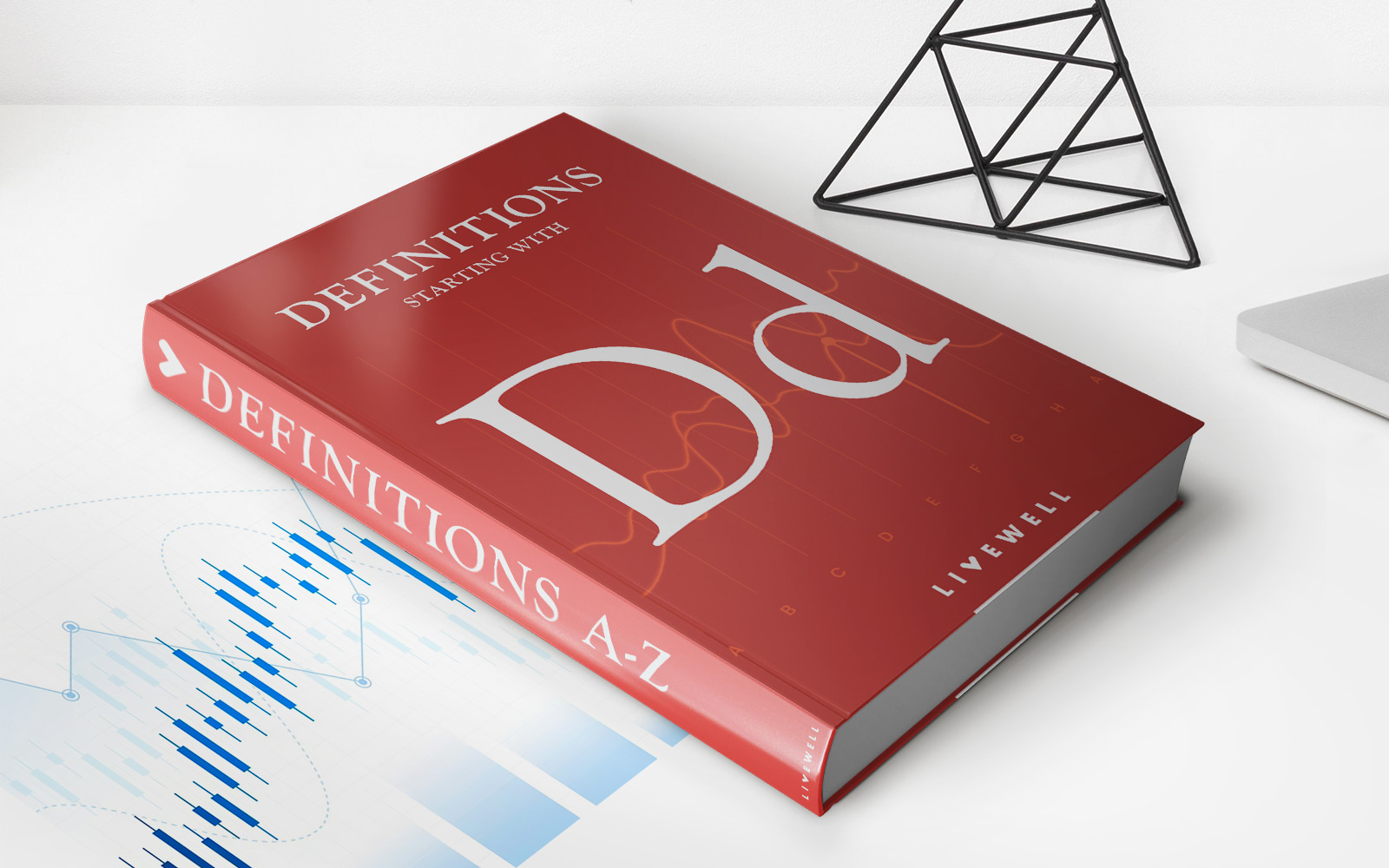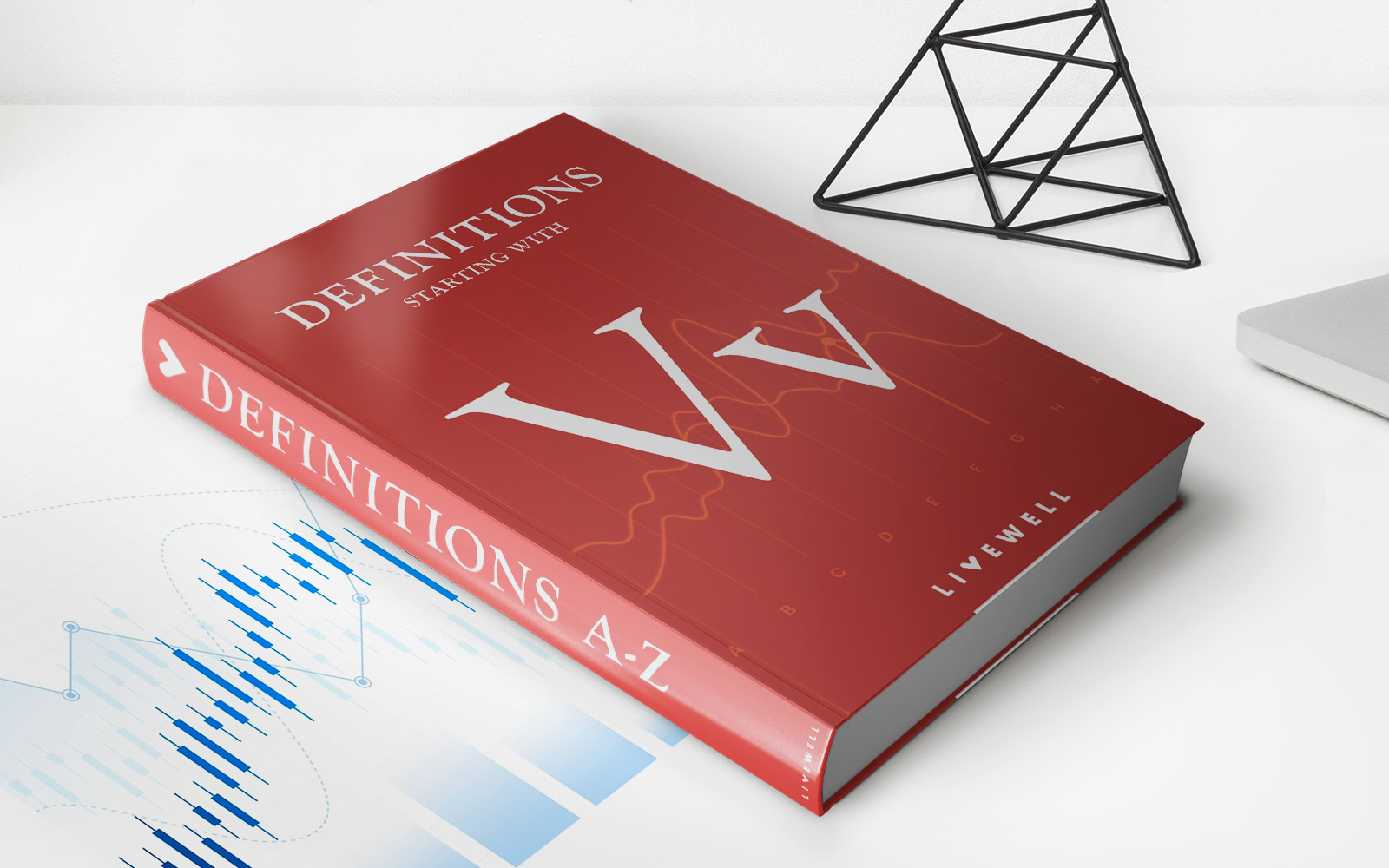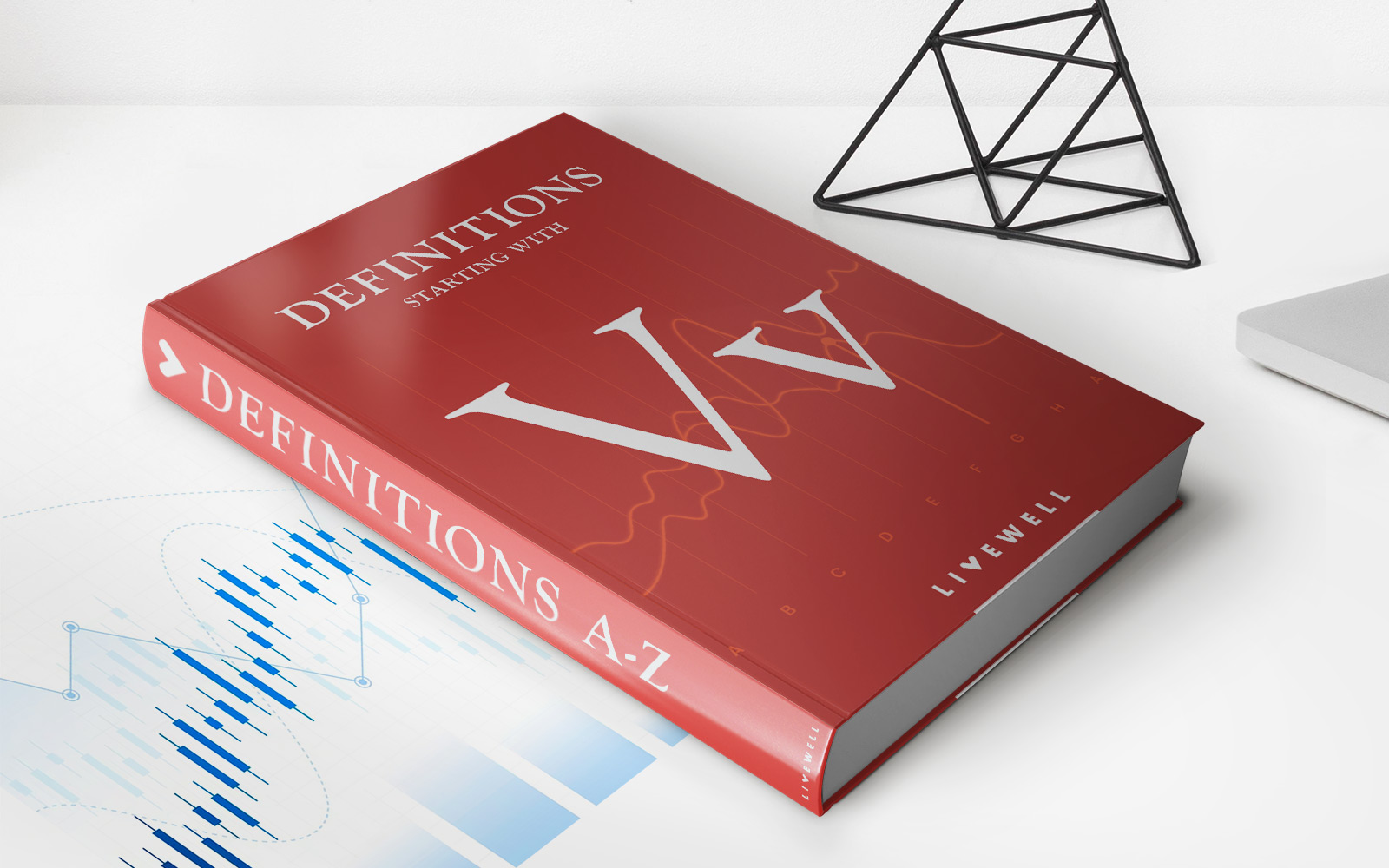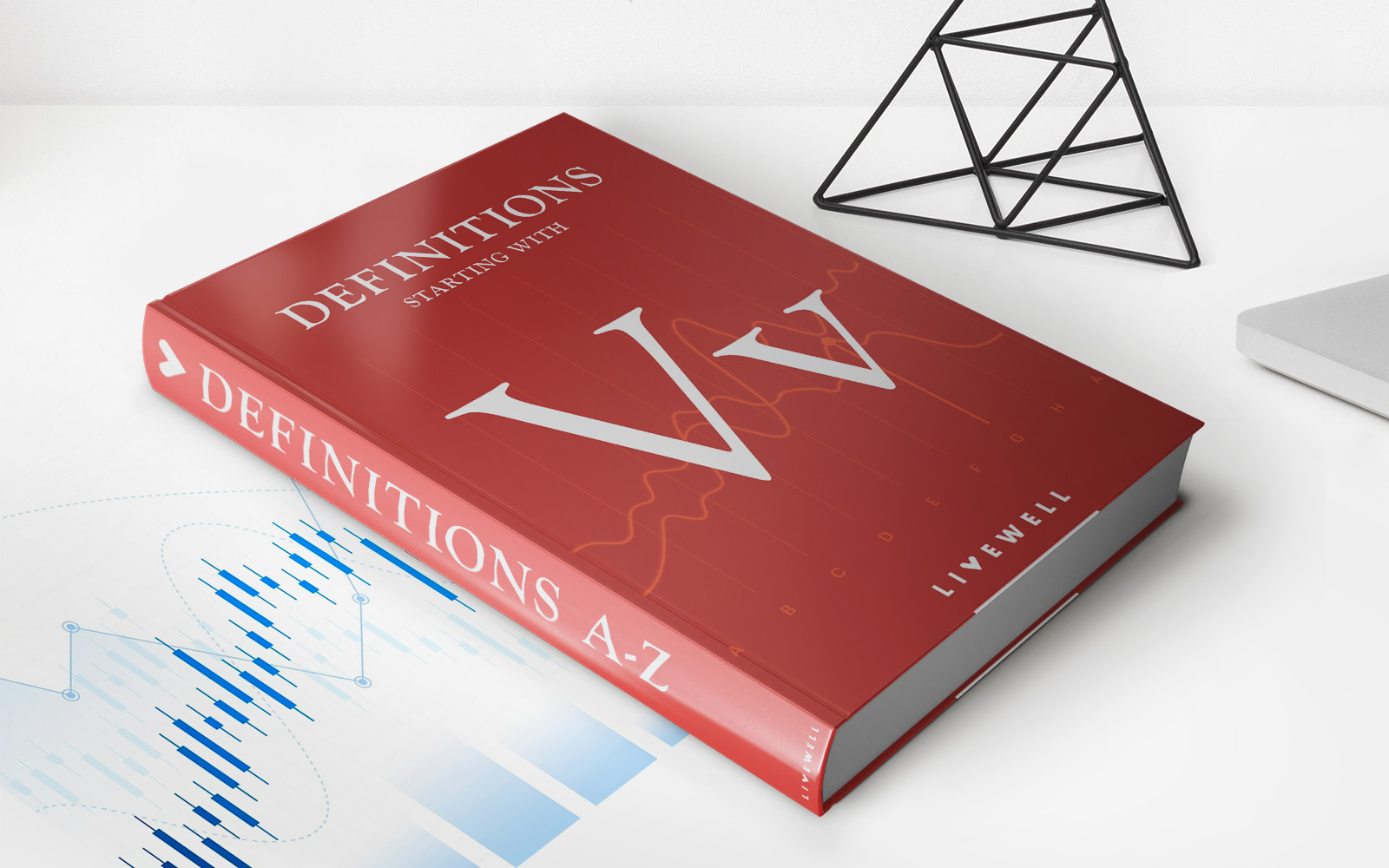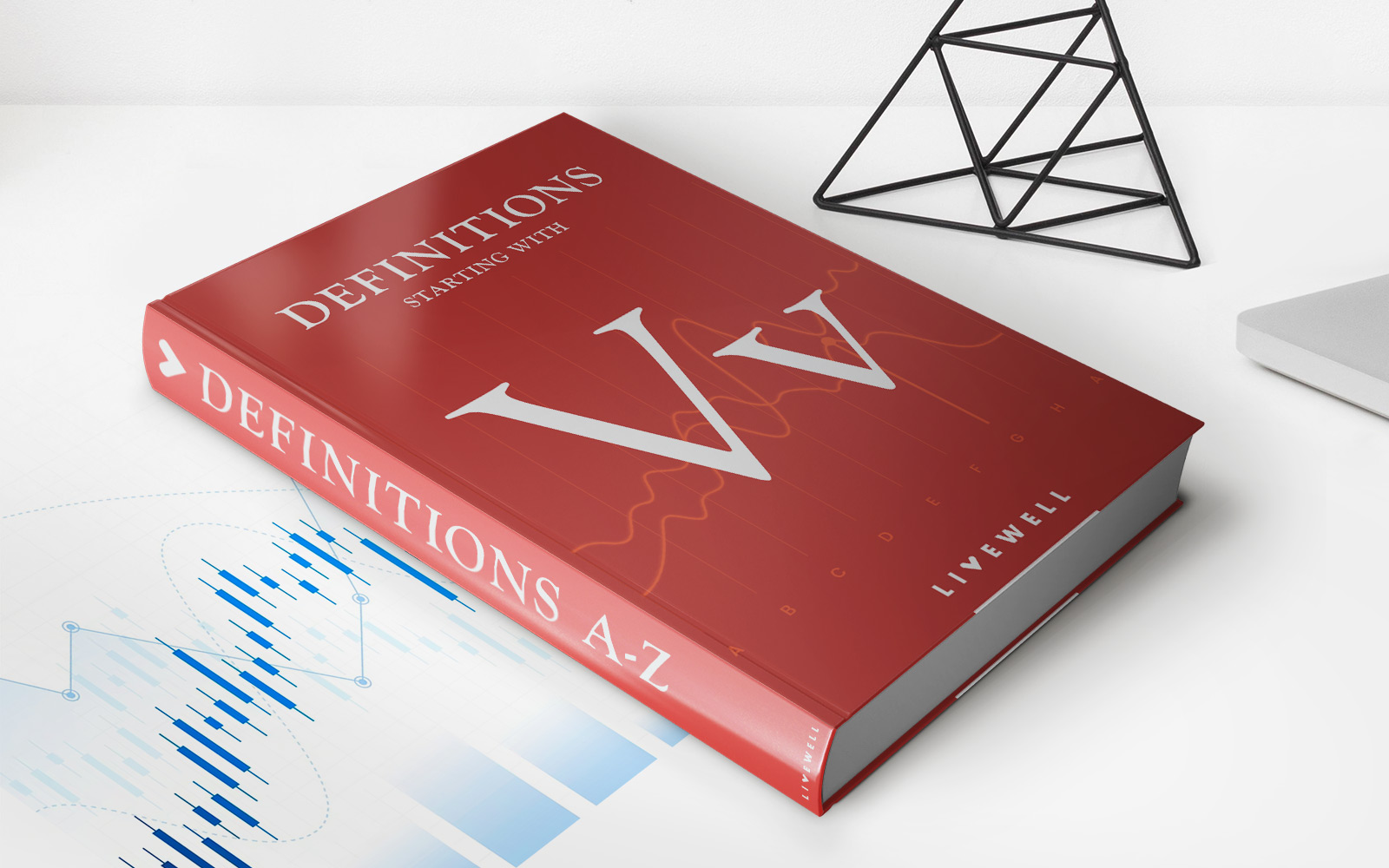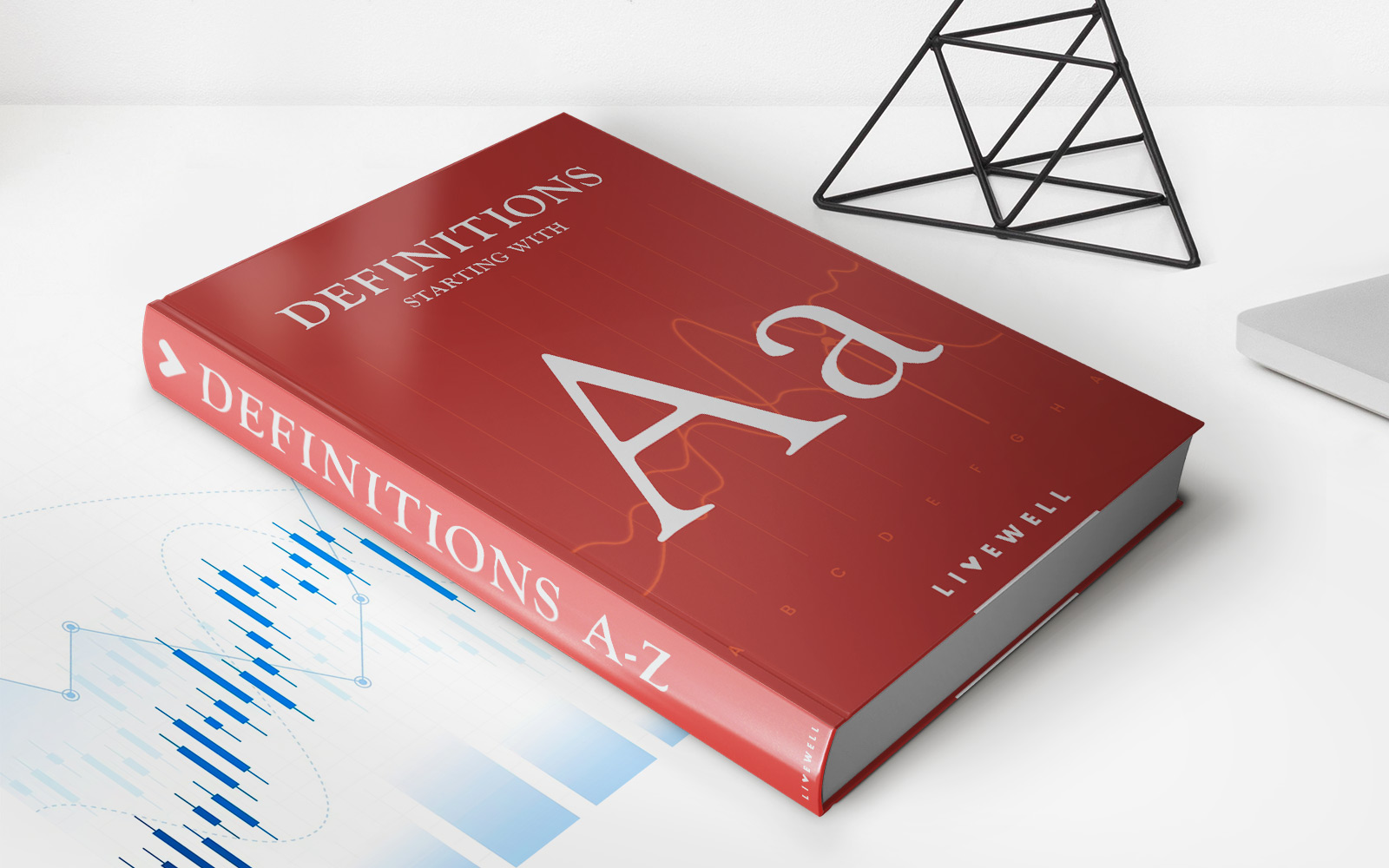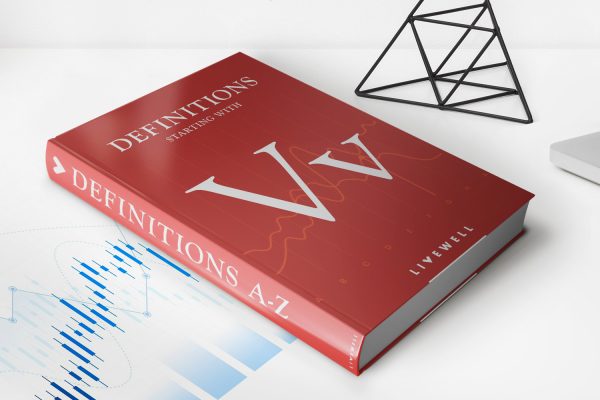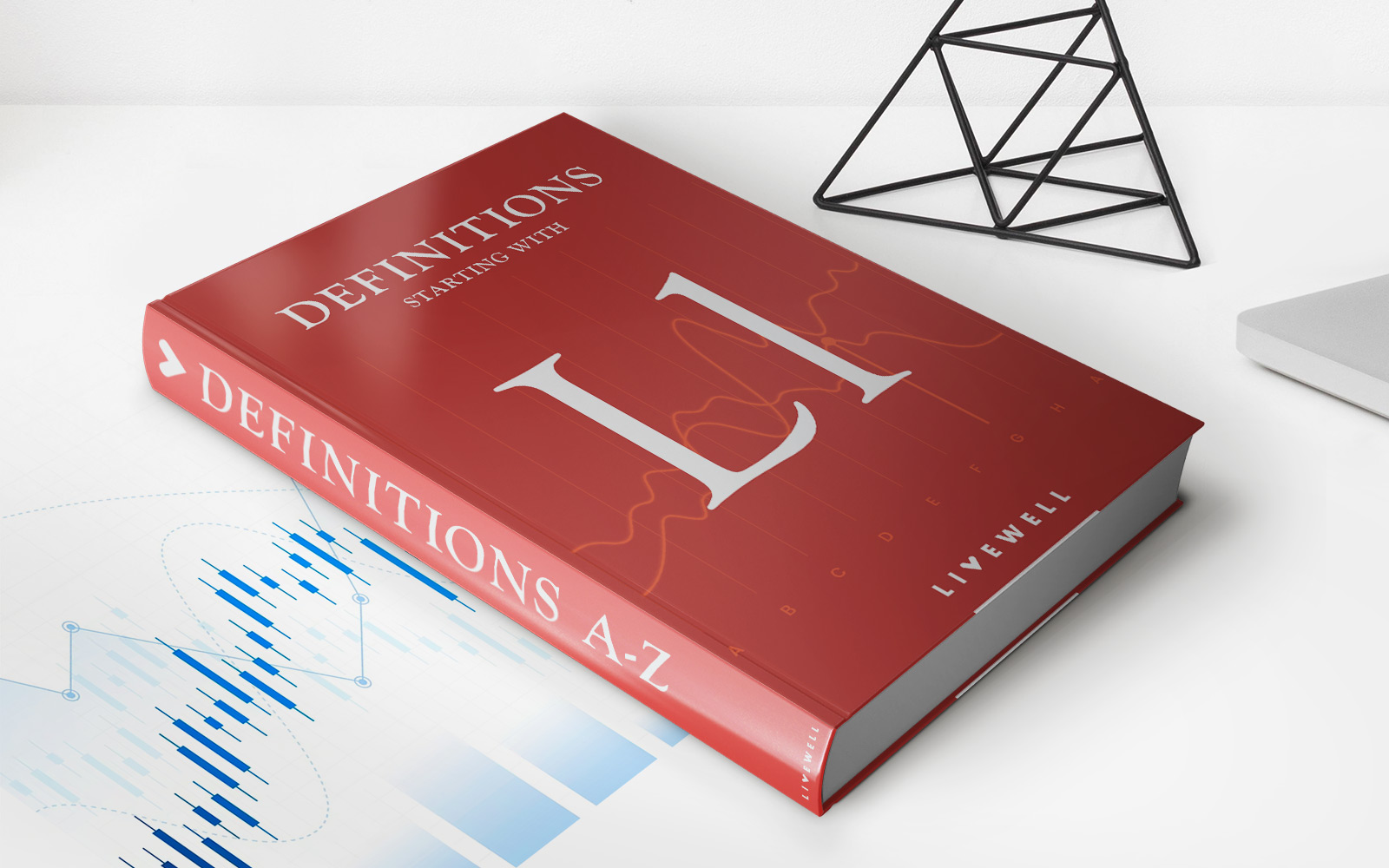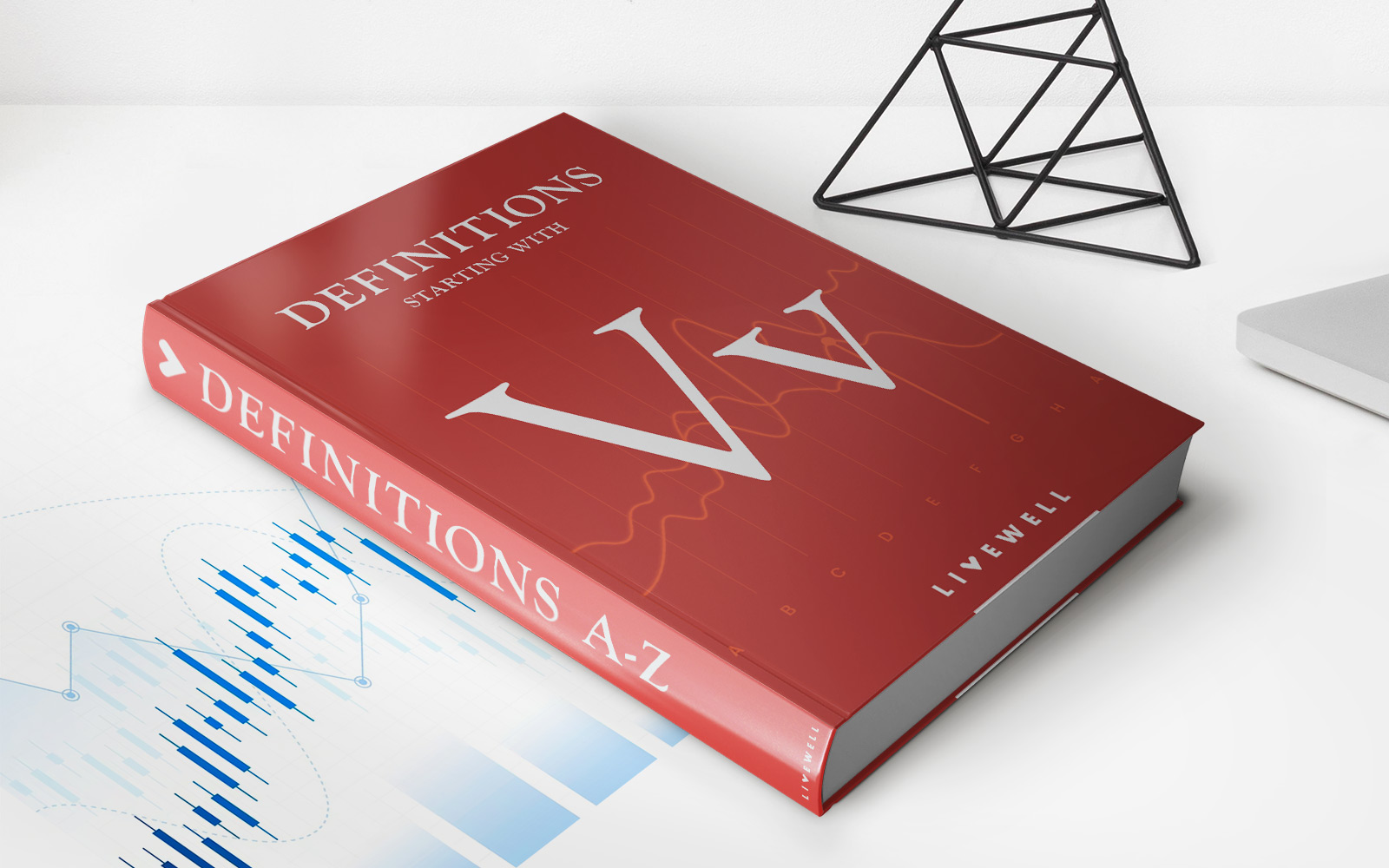

Finance
Variable Death Benefit Definition
Published: February 15, 2024
Learn the definition of variable death benefit in finance and how it can impact your financial planning. Maximize your knowledge in this crucial area of personal finance.
(Many of the links in this article redirect to a specific reviewed product. Your purchase of these products through affiliate links helps to generate commission for LiveWell, at no extra cost. Learn more)
Unlocking the Key to Financial Security: Variable Death Benefit Explained
When it comes to securing a stable financial future for yourself and your loved ones, having a comprehensive understanding of different financial products is vital. In this blog post, we will delve into the world of variable death benefits, exploring what they are, how they work, and the benefits they offer.
Key Takeaways:
- Variable death benefits provide flexibility by allowing policyholders to receive a higher death benefit based on the investment performance of their policy’s cash value.
- Variable death benefits are a popular choice for individuals seeking to protect their loved ones financially while also harnessing the potential for investment growth.
What is a Variable Death Benefit?
A variable death benefit is a feature offered in certain life insurance policies that allows policyholders to have more control over the death benefit amount received by their beneficiaries. With a traditional life insurance policy, the death benefit is generally a fixed amount agreed upon when the policy is purchased. However, with a variable death benefit, the amount received by beneficiaries upon the policyholder’s death can vary based on the investment performance of the policy’s cash value.
How Does a Variable Death Benefit Work?
A variable death benefit is typically associated with variable universal life insurance (VUL) policies. These policies combine life insurance coverage with investment options. Policyholders can allocate a portion of their premium payments into a variety of investment options such as stocks, bonds, or mutual funds. The cash value of the policy grows or declines based on the performance of these investments.
With a variable death benefit, the policyholder has the opportunity to benefit from the investment performance of their cash value. For example, if the investments within the policy perform well, the death benefit can increase. On the other hand, if the investments perform poorly, the death benefit may decrease. This dynamic feature can provide policyholders with an added layer of flexibility and control over their policy’s value.
The Benefits of Variable Death Benefits
Variable death benefits offer several advantages to policyholders who are seeking both life insurance coverage and potential investment growth. Here are a few key benefits:
- Flexibility: By investing a portion of their premiums, policyholders have the opportunity to potentially increase the death benefit received by their beneficiaries.
- Financial Growth: The investment component of the policy allows policyholders to harness the potential for growth in their cash value, offering the possibility of accumulating wealth over time.
- Tailored Coverage: Variable death benefits allow individuals to align their life insurance coverage with their specific financial goals and risk tolerance.
It is important to note that variable death benefits come with some level of risk. The fluctuation in the death benefit amount based on investment performance means that it may be lower than the initial fixed death benefit amount at certain points in time. It is crucial to assess your risk tolerance and thoroughly evaluate the investment options before considering a variable death benefit policy.
In conclusion, variable death benefits offer policyholders the chance to combine life insurance coverage with the potential for investment growth. By understanding the variables involved and assessing personal financial goals, individuals can make informed decisions to secure their financial future.
If you are considering variable death benefits or have any questions related to your financial well-being, consult with a trusted financial advisor who will guide you through the best options suited to your specific circumstances.
